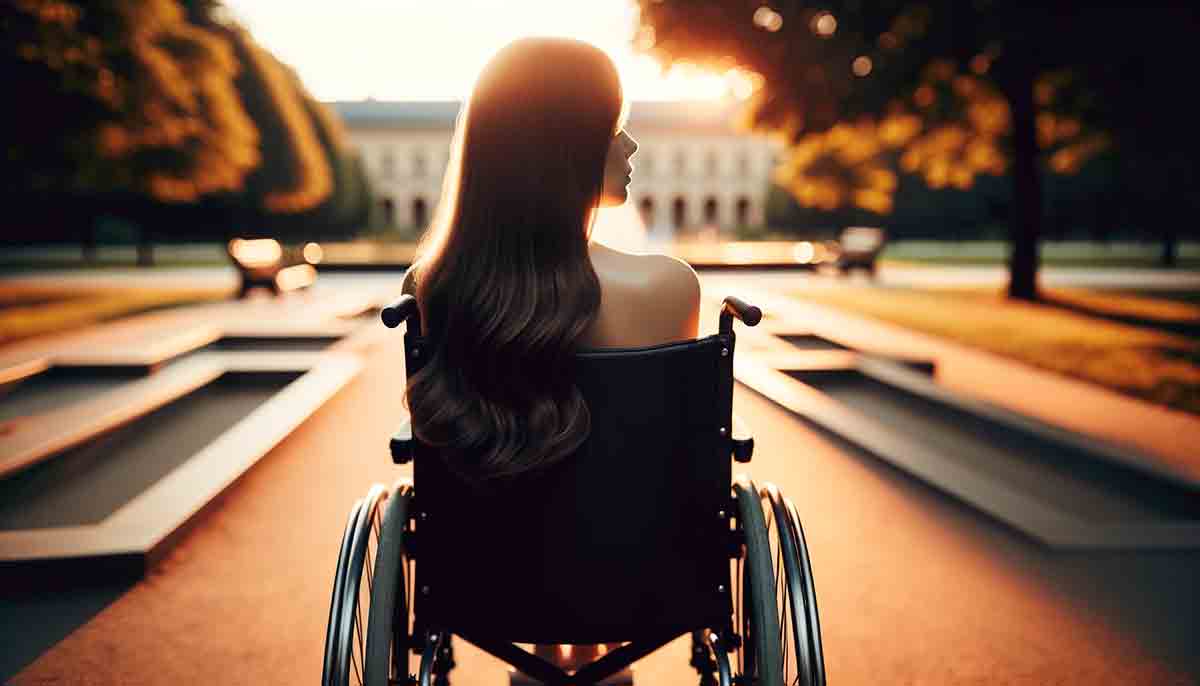
Guillain-Barré Syndrome (GBS) is a rare autoimmune disease that affects the peripheral nervous system. It usually manifests after a viral or bacterial infection, such as the flu or a gastrointestinal infection.
In some cases, vaccination or surgery may also precede the onset of the disease. The body’s immune system, for reasons not yet fully understood, begins to attack the peripheral nerves, leading to inflammation that causes the degeneration of myelin, the insulating layer that covers the nerves. This process results in a variety of neurological symptoms.
Symptoms of GBS can vary greatly in severity, ranging from mild weakness to severe paralysis. They usually begin with tingling and weakness in the extremities of the feet and hands, progressing later upward towards the torso. Other symptoms may include muscle pain, difficulties in moving the eyes, double vision, difficulties in swallowing, speaking, or breathing, and in severe cases, complete paralysis.
The diagnosis of Guillain-Barré Syndrome is based on clinical symptoms, the patient’s history, and is confirmed through specific tests such as a lumbar puncture, which shows an increase in proteins in the cerebrospinal fluid without a corresponding increase in white blood cells, and nerve conduction studies, which may indicate a delay in the transmission of nerve signals.
The treatment of GBS aims to accelerate recovery and may include therapies such as intravenous immunoglobulin, which is administered to help reduce the body’s immune response, and plasmapheresis, which involves filtering the blood to remove antibodies that are attacking the nervous system. Most patients begin to show signs of recovery within a few weeks after the start of treatment, although full recovery can take from several months to a few years. Physiotherapy also plays a crucial role in the rehabilitation of patients, helping them to regain muscle strength and coordination.
Despite the potential severity of GBS, most people have a good recovery outlook. However, about 20% of patients may experience long-term sequelae, such as weakness, tingling, or fatigue. In rare cases, GBS can be fatal, especially if there are respiratory complications. Therefore, early treatment and rehabilitation are essential to improve outcomes for patients with Guillain-Barré Syndrome.
Source: World Health Organization (WHO)

